Metaplanet to Make 11th Bitcoin Purchase in 2025, Reserves at 4525 BTC
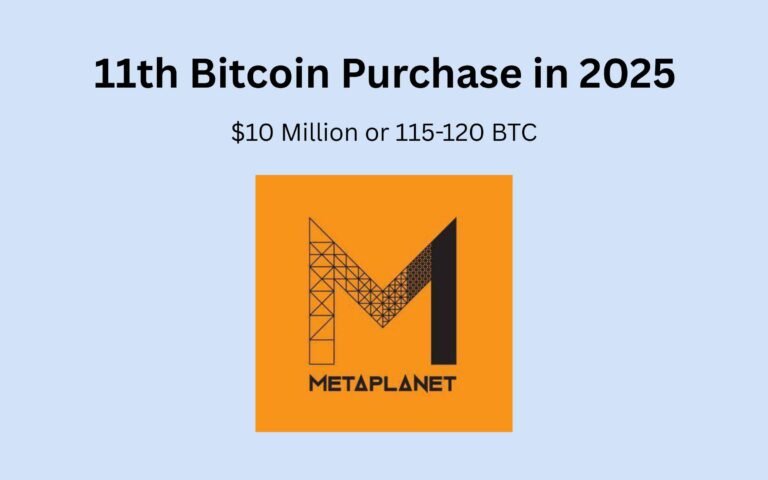
Metaplanet to soon acquire its 11th Bitcoin purchases in 2025, worth $10 million.

Metaplanet to soon acquire its 11th Bitcoin purchases in 2025, worth $10 million.
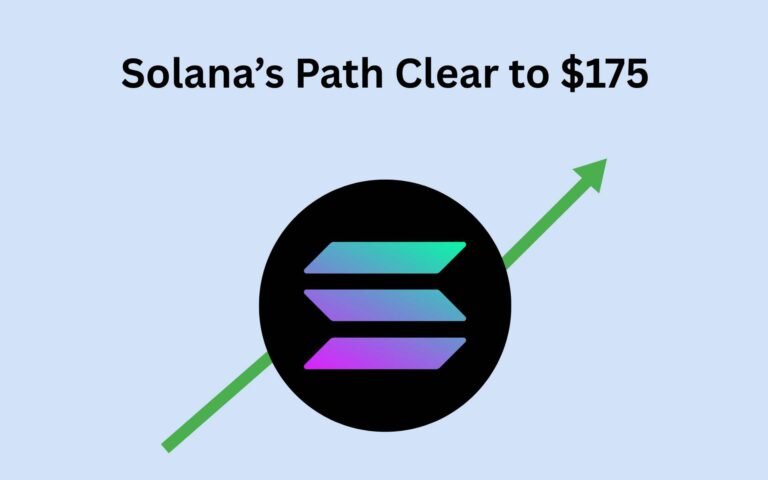
Solana's price is currently supported by short covering and whale accumulation, aiming for $175, while needing to realign with market preferences for sustained growth.
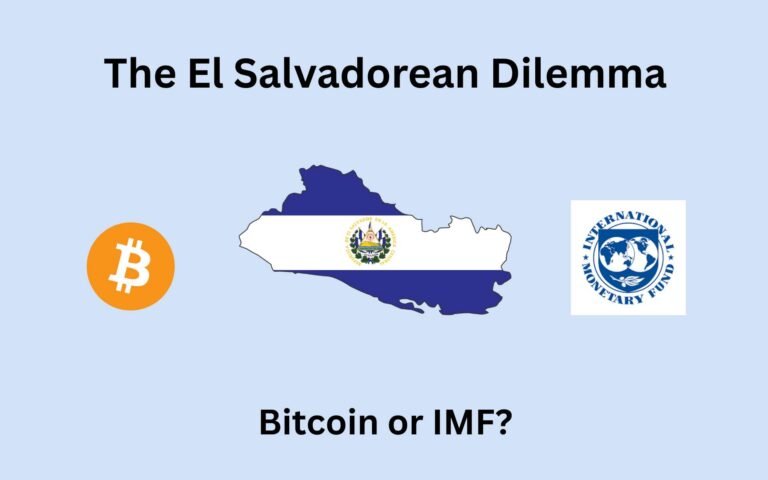
El Salvador needs a $1.4 billion credit line from the USA amid IMF bailout pressures, balancing its pro-crypto stance with IMF-imposed economic reforms.

Mantra (OM) experienced a 90% drop due to issues in its tokenomics, where 52% of tokens were held by 10 accounts, prompting speculation of manipulation.

The Bitcoin Fear and Greed Index surged from 18 to 45 in four days, driven by tariff reductions, corporate buying, and expectations of rate cuts, indicating market optimism.

Strong chart patterns, higher open interest, upcoming FOMC meetings, and corporate buying have been pushing Bitcoin higher.
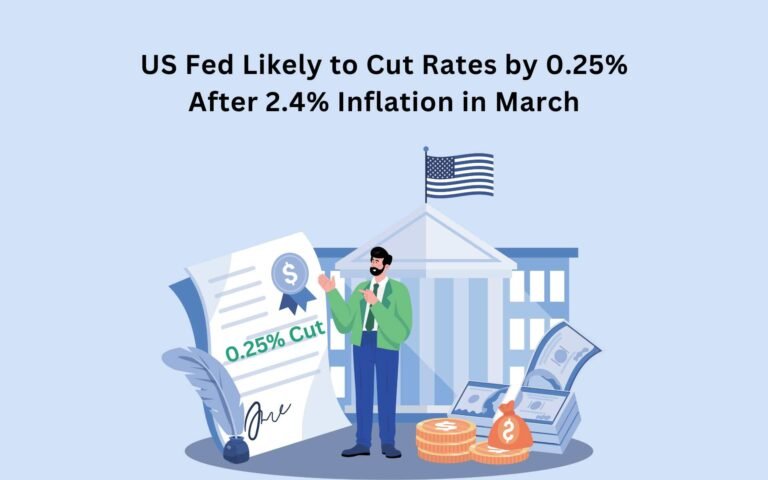
The US CPI for March came lower at 2.4% against expectations of 2.6%. Last month it was at 3.1%. The low inflation numbers is likely to assist in a US Federal Reserve rate cut.
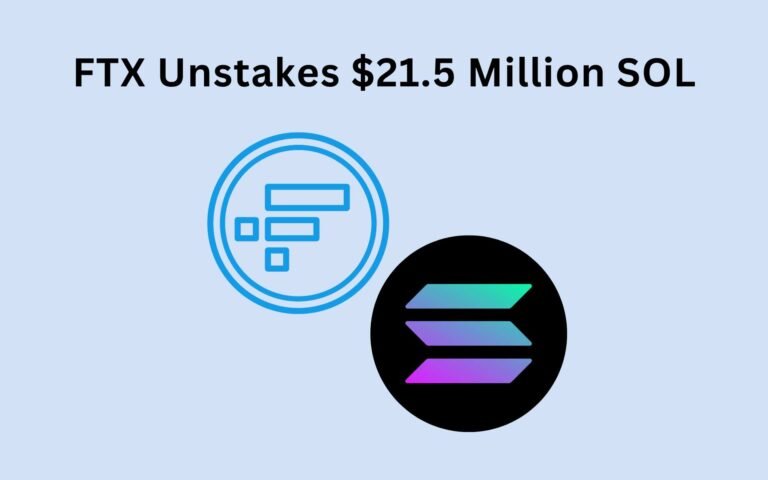
FTX unlocked $21.5 million worth of Solana on 11 April 2025 and will likely sell the crypto.
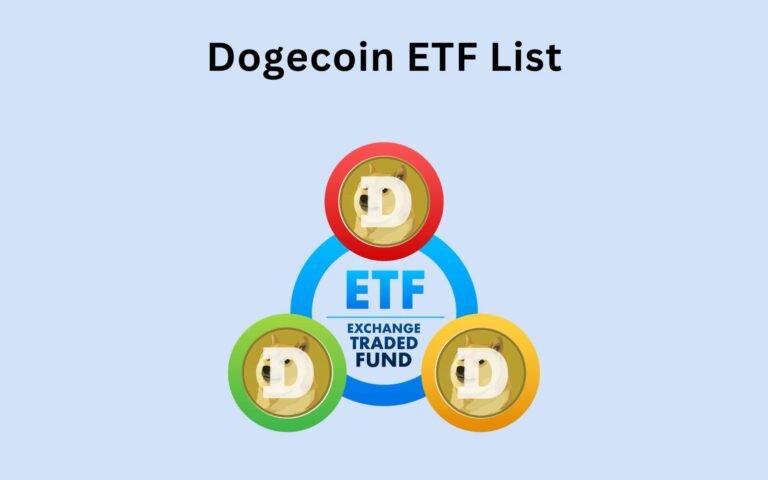
Currently, only the US has active Dogecoin ETF applications from Bitwise, Grayscale and 21Shares.

Ethereum continues to lead the markets in all fundamental factors, be it on-chain TVL, stablecoins, fee revenue, or dApp statistics.

Ethereum ETFs lack staking benefits, which dissuades buyers. If they included staking rewards, interest would likely increase, pending SEC approval.

This week five companies together bought 7697.3 Bitcoins worth $670 million.